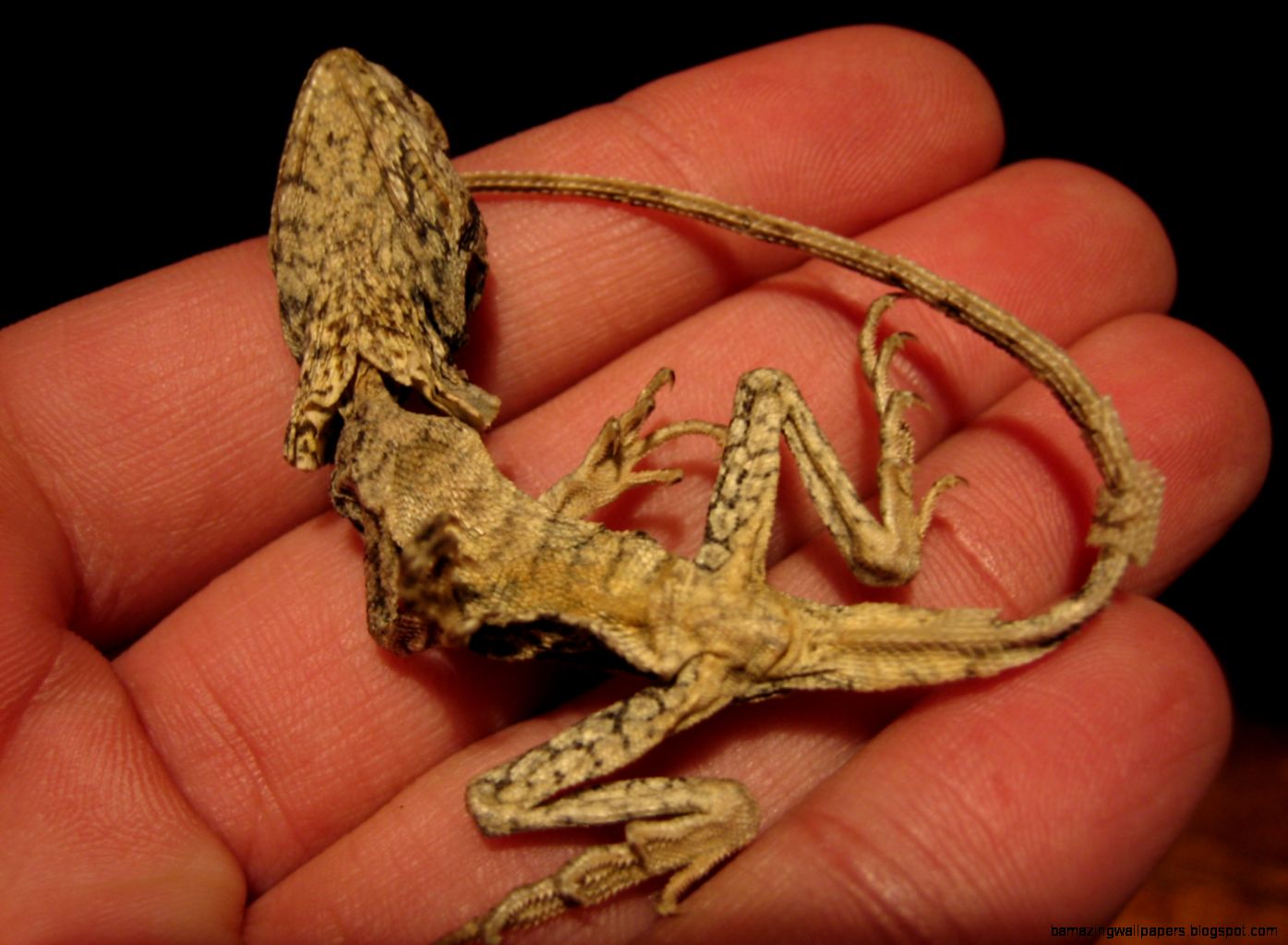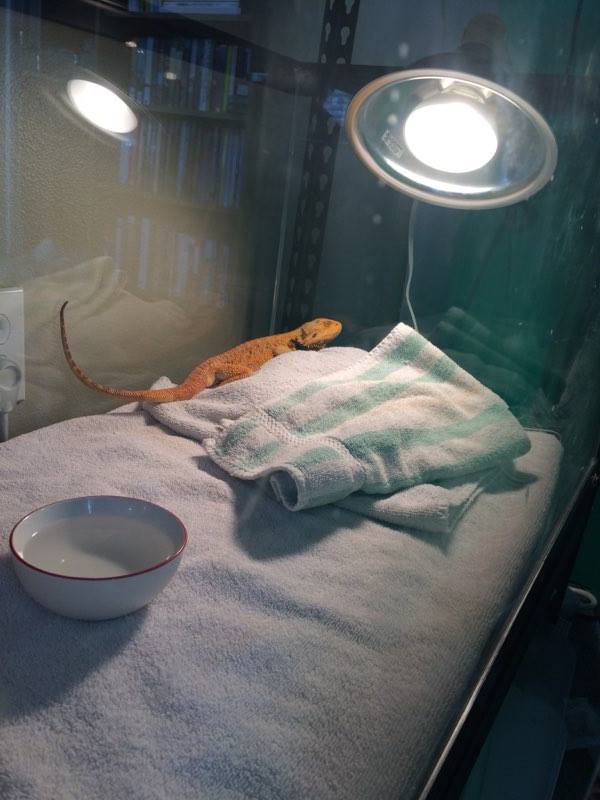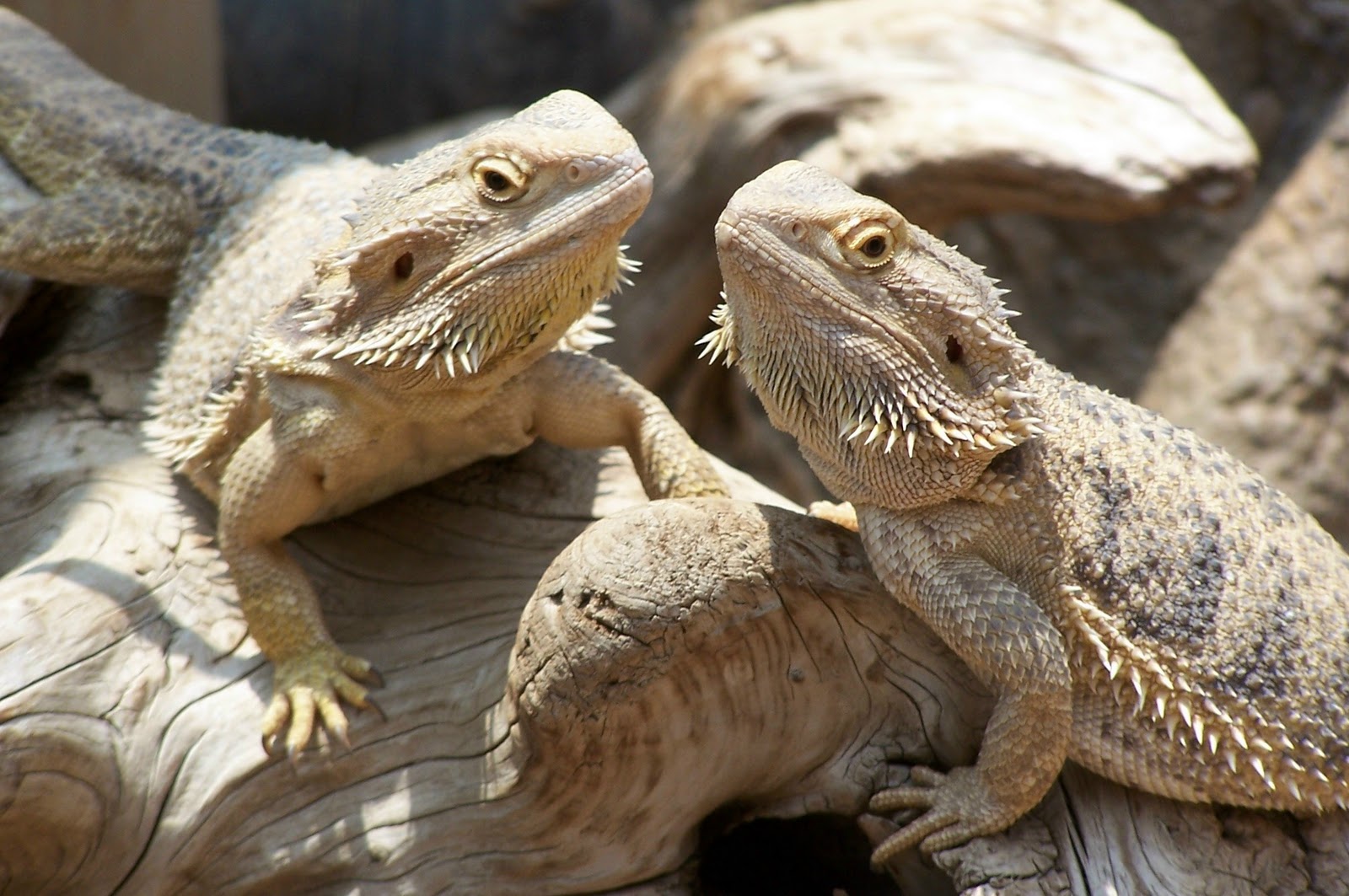How to Tell If Your Bearded Dragon Is Sick: A Beginner's Guide
How to Tell If Your Bearded Dragon Is Sick: A Beginner’s Guide
Bearded dragons are popular pets due to their unique personalities, low-maintenance care, and intriguing appearance. However, just like all pets, they can fall ill and require extra attention and care. As a beginner owner, it’s important to know the signs of a sick bearded dragon so that you can quickly respond and ensure the health and happiness of your beloved pet.
Physical Signs of Illness

The first step in detecting illness in your bearded dragon is to know what a healthy one looks like. Keep an eye on your pet’s physical appearance, paying attention to the following indicators:
- Abnormal feces (loose, liquid, or bloody)
- Lack of appetite or weight loss
- Lethargy or lack of activity
- Breathing difficulties or wheezing sounds
- Swollen limbs or joints
- Discolored or rough skin

If you notice any of the above symptoms, it’s important to take action right away. Schedule an appointment with a reptile veterinarian, who can assess your bearded dragon’s health and advise you on treatment options. The earlier you catch the problem, the better chance your pet has for a quick and full recovery.
Behavioral Signs of Illness

In addition to physical changes, behavioral shifts can also indicate a sick bearded dragon. A healthy bearded dragon is typically sociable, active, and alert. If your pet is showing any of the following signs, it’s worth investigating further:
- Hiding or avoiding interaction with you
- Decreased appetite or interest in food
- Unusual aggression or irritability
- Laziness or refusal to move around
- Excessive sleeping or drowsiness
- Lack of response to touch or sound

Again, if you witness any of these changes in your bearded dragon, contact a veterinarian who specializes in reptile medicine. Professional assistance can make all the difference in your pet’s health and happiness.
Prevention Strategies

While it’s impossible to guarantee that your bearded dragon won’t get sick, there are several steps you can take to minimize the risk:
- Maintain a clean and spacious living environment
- Provide a varied and nutritionally balanced diet
- Ensure proper hydration with fresh water and occasional baths
- Examine your pet regularly to catch early signs of illness
- Keep up with regular veterinarian check-ups
- Avoid handling other sick animals before interacting with your pet

By following the above strategies, you can help keep your bearded dragon healthy, happy, and active. In the event that your pet does fall ill, remember to act quickly and seek professional veterinary assistance to get them back on the road to recovery.
